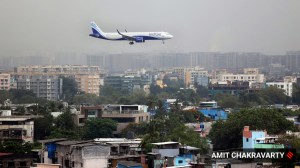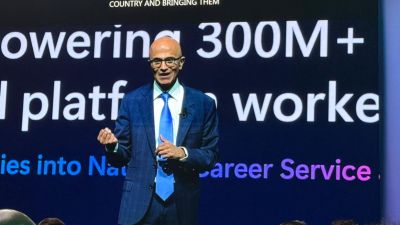Madras High Court: Caste has no role in appointment of temple priests
Any person, regardless of caste or creed, can be appointed as an Archaka if they are knowledgeable and skilled in the necessary religious scriptures and rituals, the order said.
 In his order, Justice N Anand Venkatesh said the appointment of temple priests would be governed by Agama. However, citing past Supreme Court rulings, the order said that the caste of a priest was not integral to religion. (Express Photo)
In his order, Justice N Anand Venkatesh said the appointment of temple priests would be governed by Agama. However, citing past Supreme Court rulings, the order said that the caste of a priest was not integral to religion. (Express Photo) The Madras High Court on Monday said in an order that “pedigree based on caste” will have no role to play in the appointment of temple priests, and that the only criteria for such appointments would be how well-versed a person is in religious texts and rituals.
Muthu Subramania Gurukal had filed a writ petition in 2018, challenging a job announcement for the post of Archagar/Sthanigar (temple priest, also known as Archaka) in Sri Sugavaneswarar Swamy Temple, Salem. He argued that appointments must follow the specific Agama (scriptures governing temple rituals) principles adhered to by the temple, and that the job advertisement infringed upon the hereditary right of the petitioner and others, who, according to the petition, have been rendering their services at the temple under a line of succession from time immemorial.
In his order, Justice N Anand Venkatesh said the appointment of temple priests would be governed by Agama. However, citing past Supreme Court rulings, the order said that the caste of a priest was not integral to religion.
Any person, regardless of caste or creed, can be appointed as an Archaka if they are knowledgeable and skilled in the necessary religious scriptures and rituals, the order said.
“The apex court differentiated between the religious portion and the secular portion, and held that the religious service by an Archaka is the secular part of the religion and the performance of the religious service is an integral part of the religion. Therefore, the prescription provided by the Agamas gains significance only when it comes to the performance of the religious service. Ex consequenti, any person belonging to any caste or creed can be appointed as an Archaka provided he is well-versed and an accomplished person in the Agamas and rituals necessary to be performed in a temple,” the order said.
“…it is made abundantly clear that the pedigree based on caste will have no role to play in the appointment of Archaka if the person so selected otherwise satisfies the requirements,” the order said.
Following the petition filed in 2018, the first Division Bench of the High Court had, in 2022, set up a committee led by retired Madras High Court Judge M Chockalingam to identify temples in the state based on whether they follow Agamic (scripture-based) or non-Agamic practices.
The high court order said appointments in temples could continue as usual, even before the committee files its report, if there was no doubt about the particular Agama to be followed for a specific temple. It also allowed the recruitment process to continue in the Sri Sugavaneswarar Swamy Temple, and stated that the petitioner is also free to apply for the position of temple priest.







